Vitamin B12 for your heart
Stuttering, racing or palpitations are symptoms that one in five people in Germany has experienced at least once (1). The overarching term for this is cardiac arrhythmia.
What are the causes, how can it be treated early and how does vitamin B12 help? That’s what this article is about.









